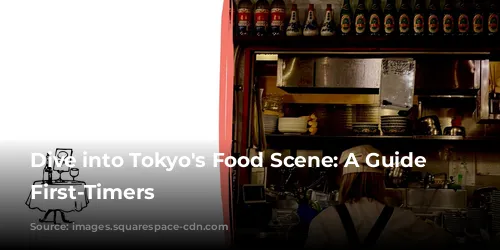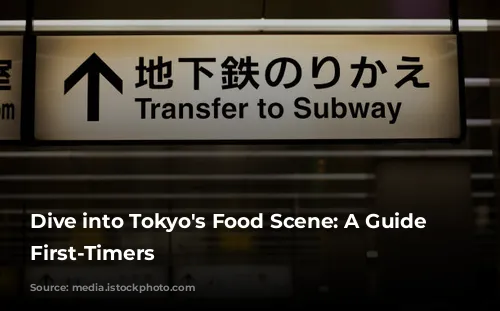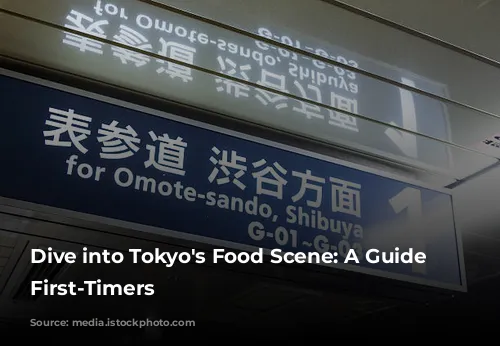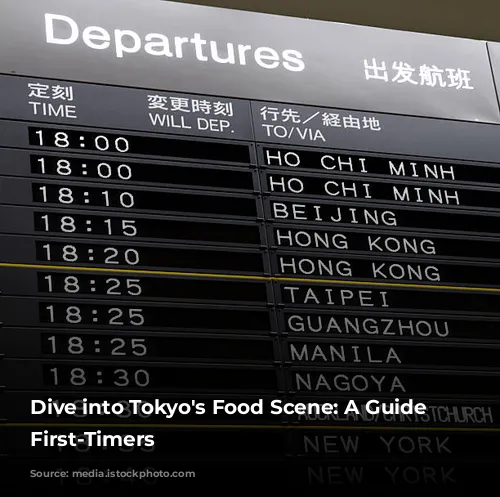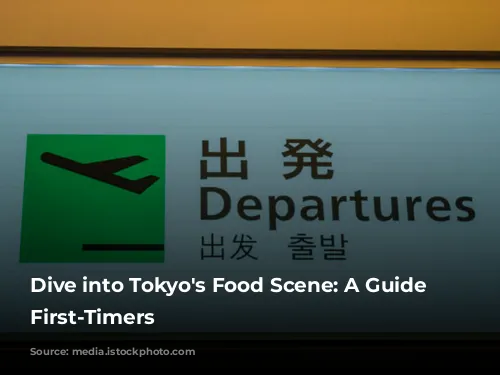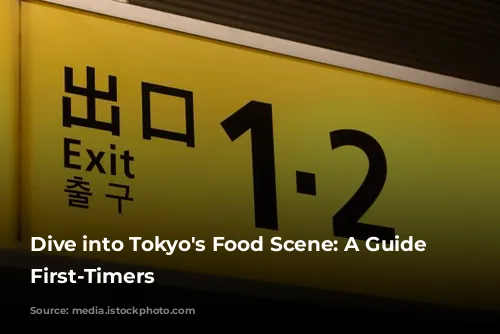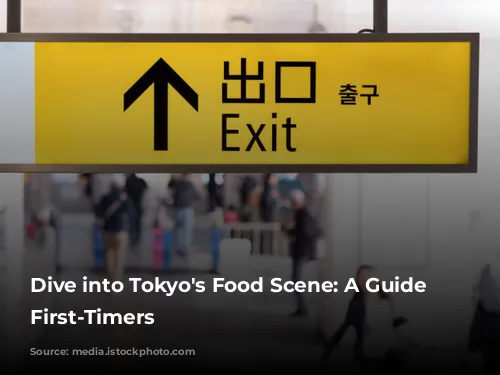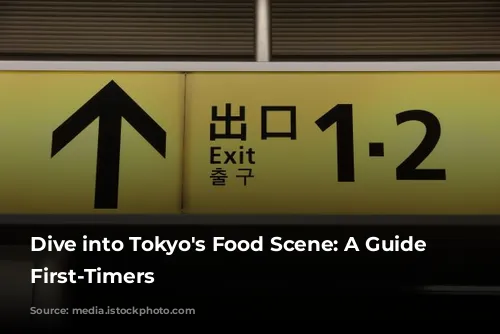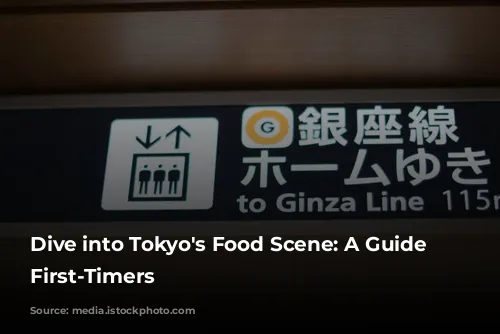Tokyo’s food culture is simply mind-blowing. There’s a world of incredible flavors and dishes just waiting to be discovered. Get ready for a culinary adventure! Here’s a guide to help you navigate the local food scene with confidence.
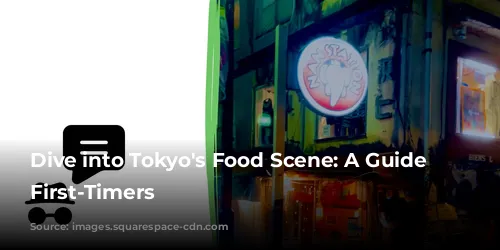
Ordering Like a Local
Stepping into a restaurant in Tokyo can be a bit different than what you’re used to. Don’t worry, it’s easy to grasp! In many eateries, you’ll find a ticket machine right at the entrance. This is your first clue that you’re in for an authentic Japanese experience.
These machines are a common sight, especially in ramen shops and smaller establishments. Simply choose your dish and pay for it at the machine. A ticket will pop out with your order, and this is what you hand over to the staff.
In restaurants without a ticket machine, you’ll need to call the staff over when you’re ready to order. Don’t hesitate to raise your hand and make eye contact. If they don’t notice you, try saying “sumimasen” (excuse me). It’s a common way to get their attention.
Pro tip: Need an English menu? Just say “eigo menu…?” It might not be perfect Japanese, but it gets the point across!

Common Japanese Questions to Know
When you’re traveling in Japan, you’ll likely hear a few basic questions, particularly when paying for things. These are common phrases worth knowing so you’re not caught off guard.
One of the most frequently heard questions, especially at convenience stores and while shopping, is if you need a bag. The word to listen for is “fukuro”. If you need a bag, just say “onegaishimasu”. If not, say “daijoubu”.
You may also be asked if you have a point card, often phrased as “pointo cardo”. Simply shake your head no if you don’t have one.
Here are a few more key phrases to practice:
- “Daijoubu” – It’s okay; I’m fine; no thank you
Pro tip: The “R” sound in Japanese sounds more like a soft “D” sound, similar to Spanish. For instance, “fukuro” sounds like “fuu-kuu-dou”.

Respecting Japanese Customs
You might already be familiar with some of the etiquette and social “rules” in Japan. But here are a few helpful reminders to show respect for the local culture.
- Avoid eating or drinking on public transportation.
- Refrain from eating while walking on busy streets. Look for a nearby park or quiet spot.
- Keep phone conversations to a minimum on trains.
- If you smoke, stick to designated smoking areas.
- On escalators, stand to the left side. The right side is for walking.
Explore further:
- Etiquette in Japan (what to know)
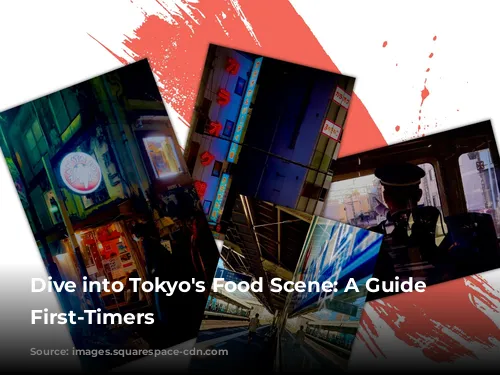
Discover the Charm of Share Houses
Share houses are a fantastic option for travelers who want to experience Tokyo like a local. These homes offer flexible lease terms and typically lower costs. You’ll have your own private room, while sharing common areas like the kitchen, shower, and restroom.
One of the best things about share houses is that they’re often foreigner-friendly and cater to travelers and foreign workers. Many even have English-speaking staff. Staying in a share house is a great way to connect with a community of travelers, locals, and make new friends.
Check out my list of the best share houses in Tokyo here:
Enjoy your trip to Tokyo! It’s a city brimming with energy and charm. I’m sure you’ll fall in love with it too!

